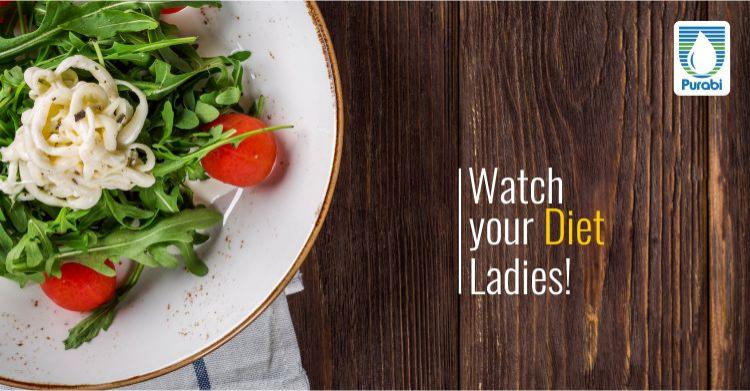
Women have different daily nutritional requirements to men and they should be aware of the right elements of a balanced diet. But what exactly is meant by a 'balanced diet'?
Nutrient-rich foods provide energy for women's busy lives and help to reduce the risk of disease. A healthy eating plan should regularly include:
- One portion of whole grains such as whole-grain bread, whole-wheat cereal flakes, whole-wheat pasta, brown rice or oats.
- Two to three servings of low-fat dairy products- including milk, yogurt or cheese.
- Three servings of protein- such as lean meat, poultry, seafood, eggs, beans or peas, nuts and seeds and
- One to two servings of fresh or canned fruits (without added sugar).
Following are some points you need to know in order to follow the best balanced diet for your overall health:
Iron-rich Foods
Iron is one of the keys to good health and energy levels in women prior to menopause. Foods that provide iron include red meat, chicken, pork, fish, kale, spinach, beans, lentils and some fortified ready-to-eat cereals. Try to have fortified cereal with milk and strawberries on top, which will be a good breakfast while having a salad with spinach, tomatoes and some lentil soup is great for dinner.
Daily Calcium and Vitamin D Requirements
This is something every woman should be aware of. For healthy bones and teeth, we need to eat a variety of calcium-rich food every day. Calcium keeps bones strong and helps to reduce the risk for osteoporosis, a bone disease in which the bones become weak and break easily. Some calcium-rich foods include low-fat or fat-free milk, yogurt and cheese, sardines, tofu (if made with calcium sulfate) and calcium-fortified foods including juices and cereals. Adequate amounts of vitamin D also are important, and the need for both calcium and vitamin D increases as women get older. Good sources of vitamin D include fatty fish, such as salmon, eggs and fortified foods and beverages, such as some yogurts and juices.
Folate
Folate or folic acid is essential for women in their childbearing age to help decrease the risk of birth defects. Include adequate amounts of food which naturally contain folate such as citrus fruits, leafy greens, beans and peas will help increase your intake of this B vitamin. Women, who are pregnant or are breastfeeding, require 600 mcg and 500 mcg per day, respectively since their daily need for folate is higher than others.
Know Which Foods and Beverages to Limit:
- To keep weight in check at any age, women should avoid excess calories from added sugars, saturated fat and alcohol. Try to limit sweetened beverages, including regular soft drinks, candy, cookies, pastries and other desserts. If you opt for good health try to quit alcohol or drink in moderation.
- Eat fewer foods that are high in saturated fat. Opt for low-fat dairy products and lean proteins instead of their full-fat counterparts. As example choose low-fat milk and yogurt. In fact, go for fortified dairy products which are high in essential nutrients like Vitamin A, D and other minerals.
- Incorporate more plant-based protein foods, such as beans, lentils and dairy-based protein like cottage cheese, into your diet.
Balancing Calories with Activity
Since women typically have less muscle, more body fat, they need fewer calories to maintain healthy body weight and activity level. Women who are more physically active may require more calories. Physical activity is an important part of a woman's health. Regular activity helps with weight control, muscle strength and stress management.
So you must have understood that your health primarily depends upon a balanced diet and physical activity together. Choose your intake wisely and plan your workout schedule accordingly. And kickstart your health regime now or never!
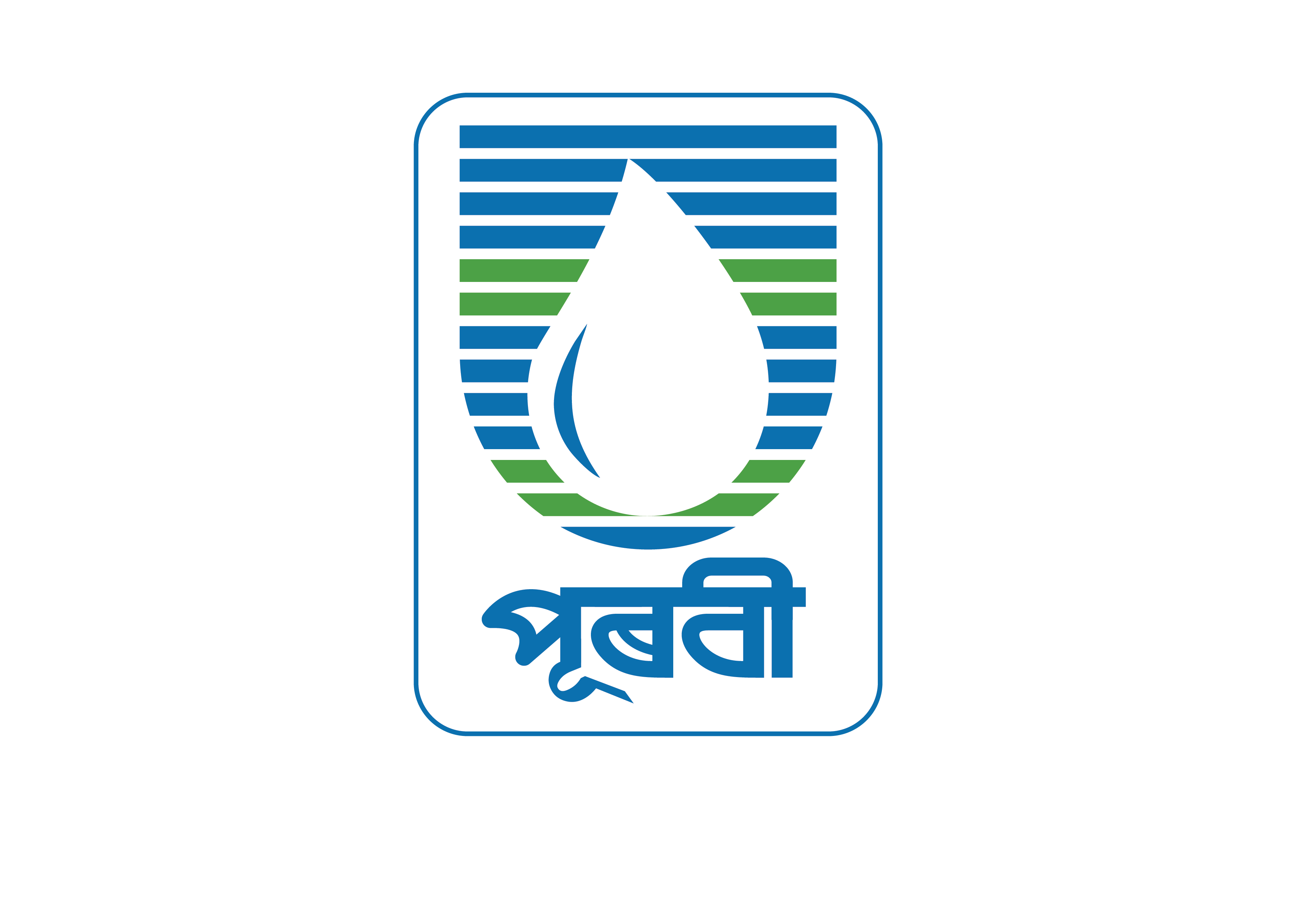
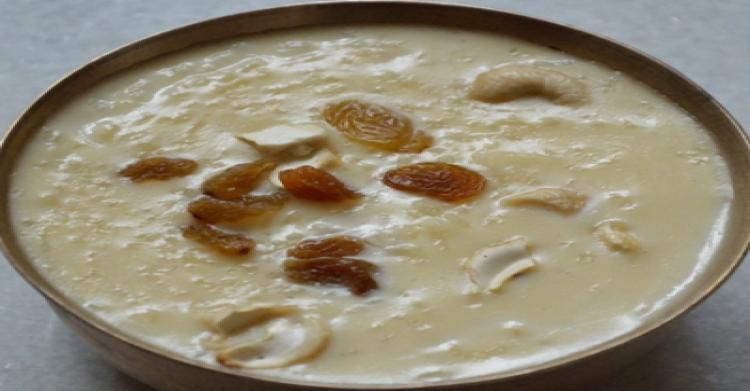
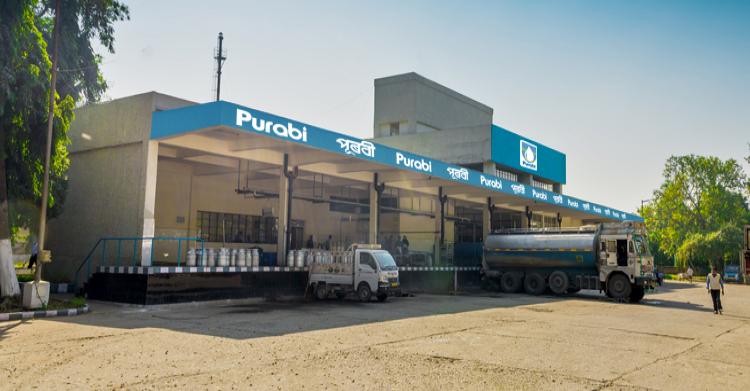
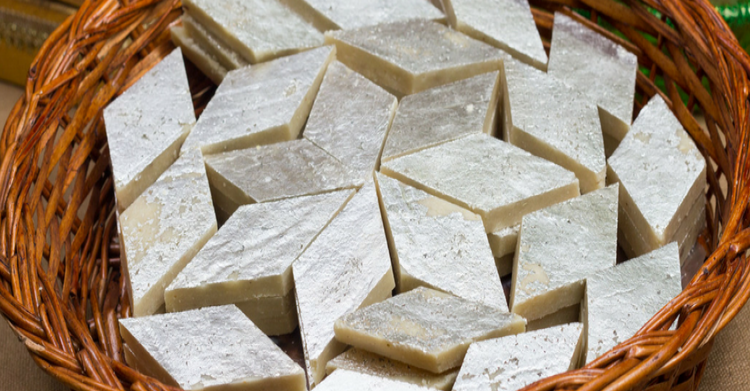
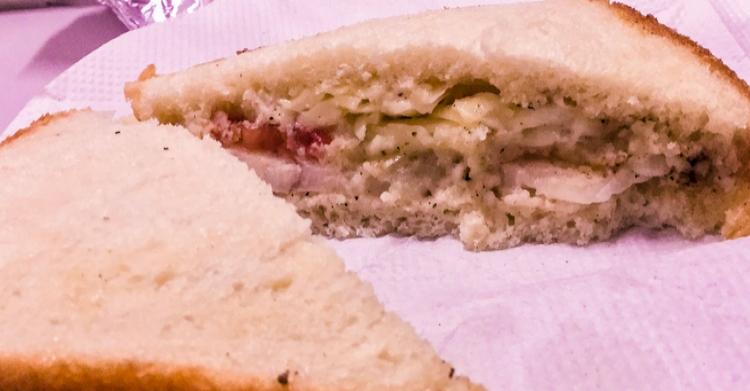
comments